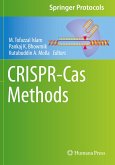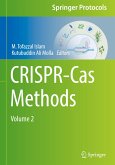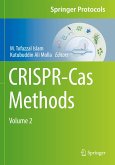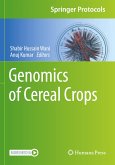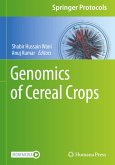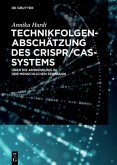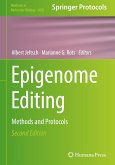This volume details the fundamentals of the CRISPR-Cas system, and its protocols illustrate advances in CRISPR-Cas techniques for efficient genome editing. Introductory chapters provide a wide horizon of CRISPR/Cas-based methods and applications. Additional chapters guide readers through HDR-mediated editing, sgRNA design, the step-by-step procedure of multiplex adenine base editing experiments in rice, generating mutants for rice, wheat, Brachypodium, Barley, Flax, and Phytophthora, visual screening of mutants, gene deletion (knock-out), tagging (knock-in) in mammalian cells, the cloning-free (DNA-free) technique, cell-penetrating peptides, generating a genome-edited banana, and nuclear genome editing of Chlamydomonas employing CRISPR-Cpf1 combined with a single-stranded DNA (ssODN) repair template.
Authoritative and cutting-edge, CRISPR-Cas Methods aims to assist researchers who are new to the field and are aiming to learn how best to adopt this technology for a particular organism.
Authoritative and cutting-edge, CRISPR-Cas Methods aims to assist researchers who are new to the field and are aiming to learn how best to adopt this technology for a particular organism.


